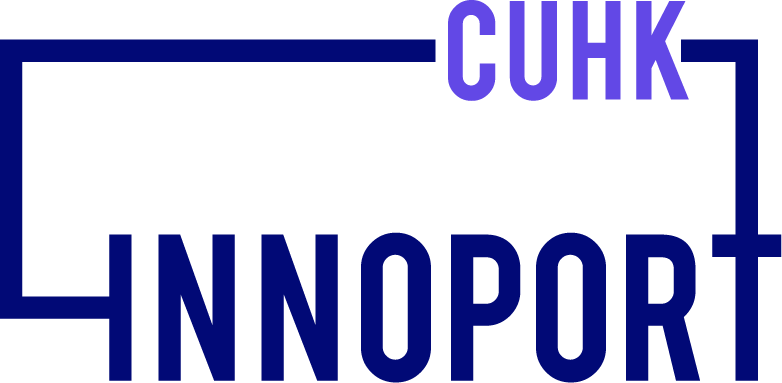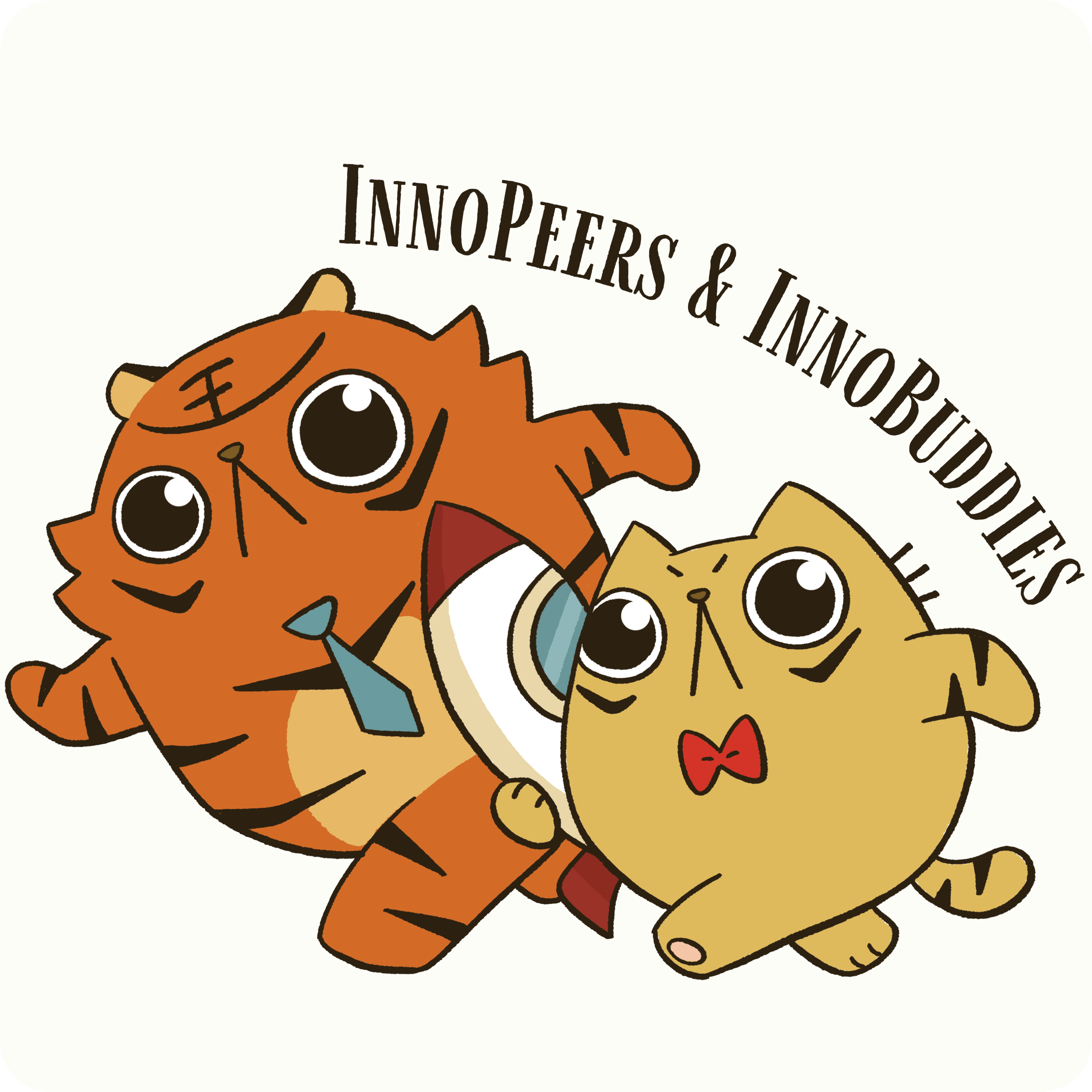Behind the Voice Link project is a mentor who is willing to give opportunities and a group of like-minded students.
Ceci from Cell and Molecular Biology Programme used to be Edwin’s lab assistant, fortunate enough to study the probability of developing spinocerebellar atrophy (SCA) in patients under Edwin’s guidance. After returning from overseas exchange, she had deeper thoughts: How can we transform the academic knowledge we have learned and researched into real help for rare disease patients?
After she discussed her ideas with her mentor, Edwin invited her to join the Voice Link project. She also invited friends from different institutions and disciplines to join. Edwin described the team formation as something that happened over a meal. He is always happy to engage with students and often invites them for meals. The Voice Link team was formed during a breakfast gathering hosted by Edwin.

Through the promotion of Rare Power Limited and the Hong Kong Spinocerebellar Ataxia Association, the team recruited patients to participate in the project and entered their homes. During each home visit, the team recorded the most frequently spoken sentences by the patients. After the visit, the team experimented with AI technology to learn the language characteristics of the patients (such as tone and expression habits), thus achieving voice-to-text conversion. Even as the patients’ conditions gradually worsened and their language abilities declined, they could still choose the sentences they wanted to express on a tablet and accurately play their own voices. The team is also working hard to achieve text-to-voice conversion through AI technology, attempting to infer the meaning behind the fragmented and unclear phrases of late-stage patients.

The kindness and warmth of the patients and their families deeply moved the team members. They were offered tea and witnessed the patients’ eager anticipation: hoping that the service of Voice Link could be available soon. Perhaps they themselves may not live to see that day, but they also hope that this practical and meaningful service can preserve the voices of more rare disease patients and help them “speak up.”
The team members also realized the inadequacy of facilities and systems for rare disease patients in the current society, empathizing with the patients and their families’ fears and helplessness. Ceci frankly said, “In fact, patients don’t know when the disease will strike, or if their children will inherit the condition. So, putting ourselves in their shoes, I would also feel very scared and uncomfortable.”
The team’s morale is increasing, and the team is filled with talented individuals. Currently, there are seven active members, each contributing their skills to the best of their abilities. Kelvin, who majors in quantitative finance, has honed his organizational planning abilities through the project and utilized his network to strengthen the team. He said, “I think the Voice Link project enriches and enhances what I learned in the university. I can transform what I have learned into skills that genuinely help others. If everyone can experience this feeling, our team will continue to grow and achieve more.” However, the team is also facing challenges such as the impending graduation of core members, significant funding needs, and the need for further technological improvement. Edwin keeps encouraging the team. The team’s current actions have already made some noise. He will continue to apply for funding programs and bring this “AI Phonograph” to the mainland to participate in competitions and pitching, exploring more opportunities in Chinese-speaking regions.
In addition to Edwin, there are many dedicated people at CUHK who are committed to researching language technology (see Issue 20: From Speech Recognition Scholar to Cantonese and Communication Specialist: Tan Lee navigates across research disciplines). They strive to capture and reproduce voices for patients experiencing language barriers in different age groups and situations. If you are also interested, feel free to contact us or Edwin’s team and let the CU “AI Phonograph” continue to pass on the torch, resonating with its beautiful sound…
Text: HUANG Xiangkun Calvin




